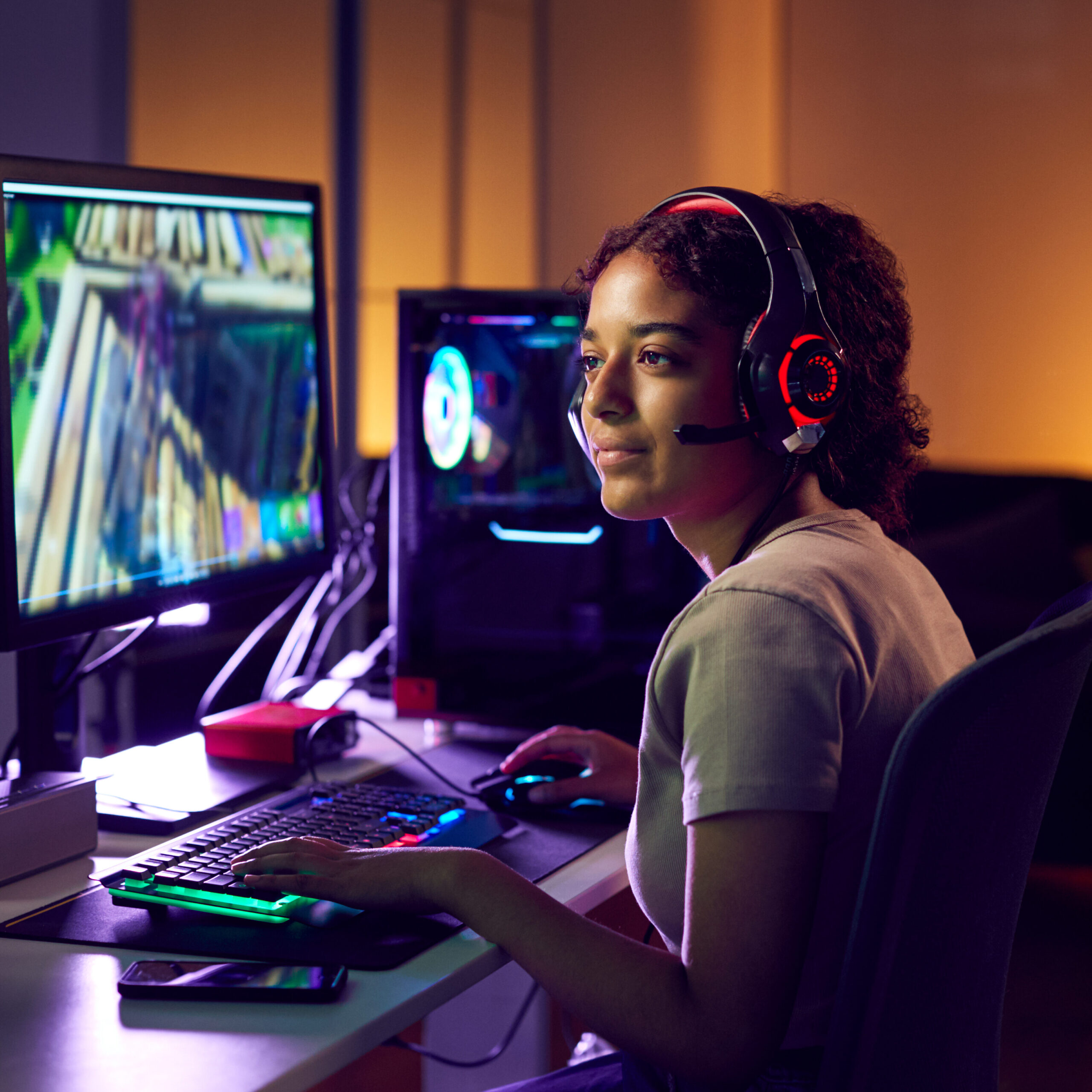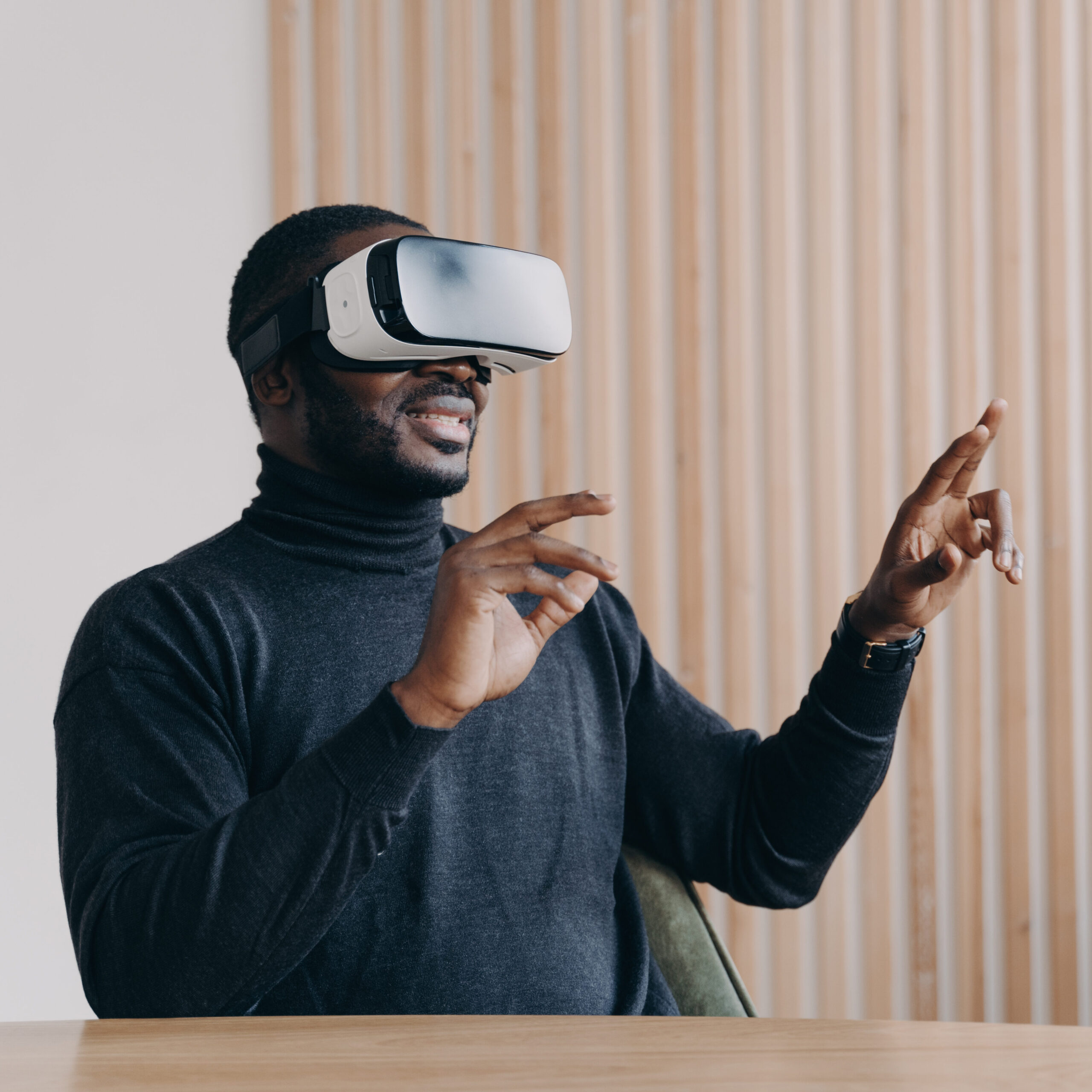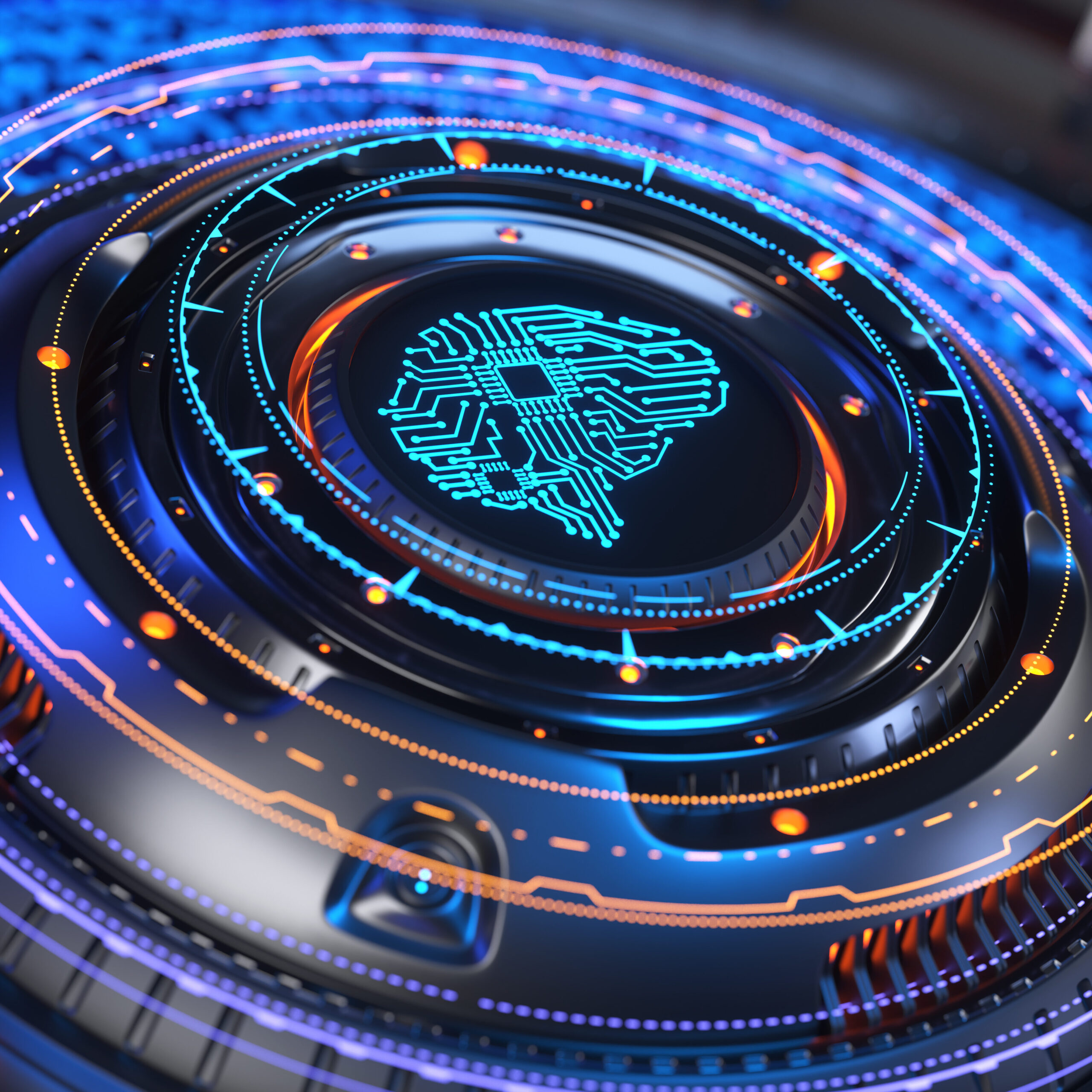Działalność naukowa
Doktoranci programu ICT&Psychology stworzyli liczne opracowania naukowe, z którymi można się zapoznać poniżej.
Niepisemne opracowania naukowe
Natalia Jakubowska
Justyna Józefowicz
Katarzyna Potęga vel Żabik
Katarzyna Wisiecka
Pisemne opracowania popularnonaukowe
Wiktoria Mieleszczenko-Kowszewicz
The word will tell you the truth – how artificial intelligence can help us foresee the effects of trauma.
The power of science is not only the ability to describe reality but also to predict certain events based on observation of current phenomena. Psychology is a science in which human and their inner world is in the center, and language is one of the ways that man can express themselves. What if, just by observing language, scientists were able to diagnose mental illness or predict its development…

Natalia Jakubowska
Play to learn, learn to play: short (not a) guide on how to become a professional video game player.
Have you ever heard that video games are a waste of time and the only thing they will give you is a back injury? If you were born in the 1980s, 1990s or 2000s, I bet such sentences remind you of your parents. While there is no doubt that improper sitting can affect your back, and the video games – which we often use for pure pleasure – should not obscure other responsibilities…

Kinga Skorupska
Why is Wikipedia still written mostly by young white guys and how can we expand the demographic of writers?
The Wikipedia project launched in 2001, when access to the Internet was still a premium service for the select few, usually young tech-savvy males from the West. Since then it has grown into the largest repository of knowledge, with over 6.4 million articles in the English language. It’s popular because of its simplicity, comprehensiveness and a really broad scope…

Kinga Skorupska & Maciej Grzeszczuk
Not „The Space Invaders” but „A Space Invaders”, or how you can help save unique versions of Atari games and software.
A dozen or so years ago, eight-bit Atari, Commodore or ZX Spectrum, magical toys from the late 1980s, which for many were the first contact with com- puters, were a thing of the past. Found in the basement or attic, they went to electronic waste or, at best, were auctioned barely above the price of ship- ping. They were outdated devices, like CRT-TVs or old noisy fridges. Today, 30-year-old computers are part of a retro fashion…

Why aren’t there VR headsets in every home?
Things that make people’s lives easier generally easily become widespread, especially if they are affordable. Let’s take a quick detour to the late 1920s in the USA. A toaster could be found almost in every home that had electricity, while the introduction of the radio was a bumpier process. Especially rural regions had few radio stations, and the reception could be spotty, while the need to have an external antenna increased the complexity of getting it to work…

Katarzyna Wisiecka
Through the screen to your mind?
‘Hi, can you hear me? Can you see me? Speak up. Oh, I’m muted.’ – does it sound familiar? This kind of welcoming has replaced ‘Hi, how are you?’ regardless of the culture we live in. It is hard to argue that online meetings have changed the way people communicate even much more than we could have expected. Despite the fact that computers are a great communication medium, it turned out that something is missing from online contact. To understand it, let us think for a moment…

Karol Chlasta
Building artificial brains in computers. How can we study the brain, and why is it important?
Each of us has a brain. A brain is the most complex object in the known universe. Physicists often define the complexity of objects in the universe by the power of 10. The brain contains 100 billion nerve cells, which are called neurons. 100 billion is the 11th power of 10. Each of these cells connects on average to 10000 other cells. 10000 is the 4th power of the number 10…

Justyna Pawłowska-Bebel
Pushy Toilet sellers and other problems of the recommender systems.
If the reader, like me, faced the challenge of buying a toilet compact at some point in his life, he knows what a review of several models in an online store means for the algorithms that offer us the advertising: “Here he is: a real connoisseur of toilet compacts!”. “I see you are browsing through your friend’s feed on Facebook, this must be a good time to get you interested in this beautiful white model…

Justyna Józefowicz
A team is a team. Really? | Why and how to build team flow
Apparently, if you’re bogged down in the chaos, it’s worth stopping squirming and taking a moment to consider what’s what, where’s the ground you can stand on. And what to bet on if the shifting sands of day-to-day ongoing work involve not a single person, but a team. What to do if the team is, because it is – not productive, and the people who make it up might as well be doing something else, somewhere else, with someone else…

Ewa Makowska-Tłomak
Sentiment analysis as stress detector.
Imagine yourself in 2000 or even in 2010. You start to work from your home. Can you imagine how we could switch to the remote work and meetings without the wide range of information and communication technology solutions accessible today? Perhaps until today digital transformation benefits in your professional and private live have been so obvious and in the background that you do not pay attention to them anymore…

Bernadetta Bartosik
How do you rate others? Your personality influences the assessment of attractiveness and degree of trust.
A first glance can be crucial to the course of interpersonal relationships. We often only have one chance to make a good impression. Scientists have proven that the brain is able to detect a face in about 100 ms, while the first impressions may appear after 33 ms. Everyone around us judges us – and in many cases it happens completely unconsciously – according to the well-established…

Anna Kaszyńska
Disinformation in the interpretation of everyday stimuli. Ying-Yang of cannabis
What is qualitatively selected information and proper communication in the 21st century? In the face of the multitude of stimuli that bombard a person from almost every side, sometimes causing chaos inside him, it is difficult to clearly recognise this vastness of stimuli. This internalised chaos, which is sometimes frightening and irritating subcutaneously, especially when combined…

Aleksandra Nabożny
Medical misinformation.
Fighting medical disinformation is an increasingly important problem. As of today, automatic systems for assessing the credibility of medical information do not offer sufficient precision to be used without human supervision, and the involvement of medical expert annotators is required. That’s why I decided to design a tool for credibility annotation of medical online texts that would incorporate algorithms as well as human expert effort…

Aleksandra Bramorska
“Drugi mózg człowieka”. Jak o niego zadbać?
Chorzy na zespół jelita drażliwego skazani są na diety, takie jak Low FODMAP, ubogą w fermentujące oligo- di- i monosacharydy oraz poliole. Zauważono jednak, że zdrowe osoby stosujące tę dietę miały w jelitach więcej bakterii akkermansia muciniphila. Bakteria ta powszechnie występuje w jelitach ssaków, ma pozytywny wpływ na działanie jelit oraz metabolizm, stąd też w badaniach naukowych wzrosło zainteresowanie tym mikrobem jako potencjalnym probiotykiem…

Katarzyna Zemła
Medyczne a nie magiczne źródła poprawy stanu zdrowia, których źródłem jest właściwa współpraca umysłu i ciała.
Literatura opisuje przypadki, w których hipnoterapia była stosowana, a wyniki tego procesu przyniosły pozytywne efekty między innymi na pacjentach dotkniętych HIV, ARC czy AIDS. Na przykład program 8 tygodniowej grupy Auerbacha dla pacjentów ARC i AIDS wykorzystującej biofeedback, wyobrażenia i hipnozę wykazał, że pacjenci w porównaniu do grupy kontrolnej uzyskali znaczące zmniejszenie…

Masz pytania? Skontaktuj się z Biurem Prorektora!
Biuro Prorektora,
464 bud. A, 4 piętro,
godziny otwarcia 9:00-17:00
tel.: (22) 58-44-518
e-mail: biuro_prorektora@pjwstk.edu.pl



